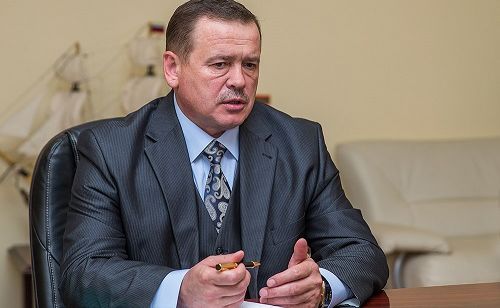During its last meeting of the Joint Control Commission, the negotiators from Moldova and Transnistria continued their talks about the freedom of movement in the security zone.
Transnistrian Co-Chair Oleg Belyakov pointed out “a serious change in the rhetoric of the Moldovan negotiators.” Particularly, they have dismissed the Russian side’s proposals.
“We see some inconsistency here – one step forward, two steps back. So, we begin to doubt that the Moldovans can and want to negotiate. We some tendencies, perhaps, they are coming from the new Moldovan government. In any case, their rhetoric has changed,” Belyakov said.
The Moldovans also insists on changes in the rules for military observers.
“They insist that on the initiative of one military commander, all military observers should go to detain some cargo or to record some administrative violation. They are doing this to change the format of the peacekeeping mission and to force the peacekeepers to do what they are not supposed to do. By doing this, they seek to show that the Joint Control Commission and the whole peacekeeping mission are not effective,” Belyakov said.
The Joint Control Commission regulates the joint peacekeeping forces in Transnistria. It was formed in 1992 in line with the agreement on the principles of peaceful settlement of the armed conflict the Transnistrian Region of the Republic of Moldova. The Commission consists of a Russian, Moldovan and Transnistrian delegations, with Ukraine and the OSCE being observers. All decisions are made on a consensus basis.

 Zelensky in Rome agreed with Trump in everything and promised to observe the truce — insider
Zelensky in Rome agreed with Trump in everything and promised to observe the truce — insider Trump said that Putin may not want the end of the war, but simply plays along with him.
Trump said that Putin may not want the end of the war, but simply plays along with him. It became known about the condition of Zurab Tsereteli, which he left to his heirs
It became known about the condition of Zurab Tsereteli, which he left to his heirs The government canceled a concert on Red Square in honor of Victory Day
The government canceled a concert on Red Square in honor of Victory Day I shouldn't have gone there at all: For the USA on There is no victory for Ukraine — McGregor
I shouldn't have gone there at all: For the USA on There is no victory for Ukraine — McGregor